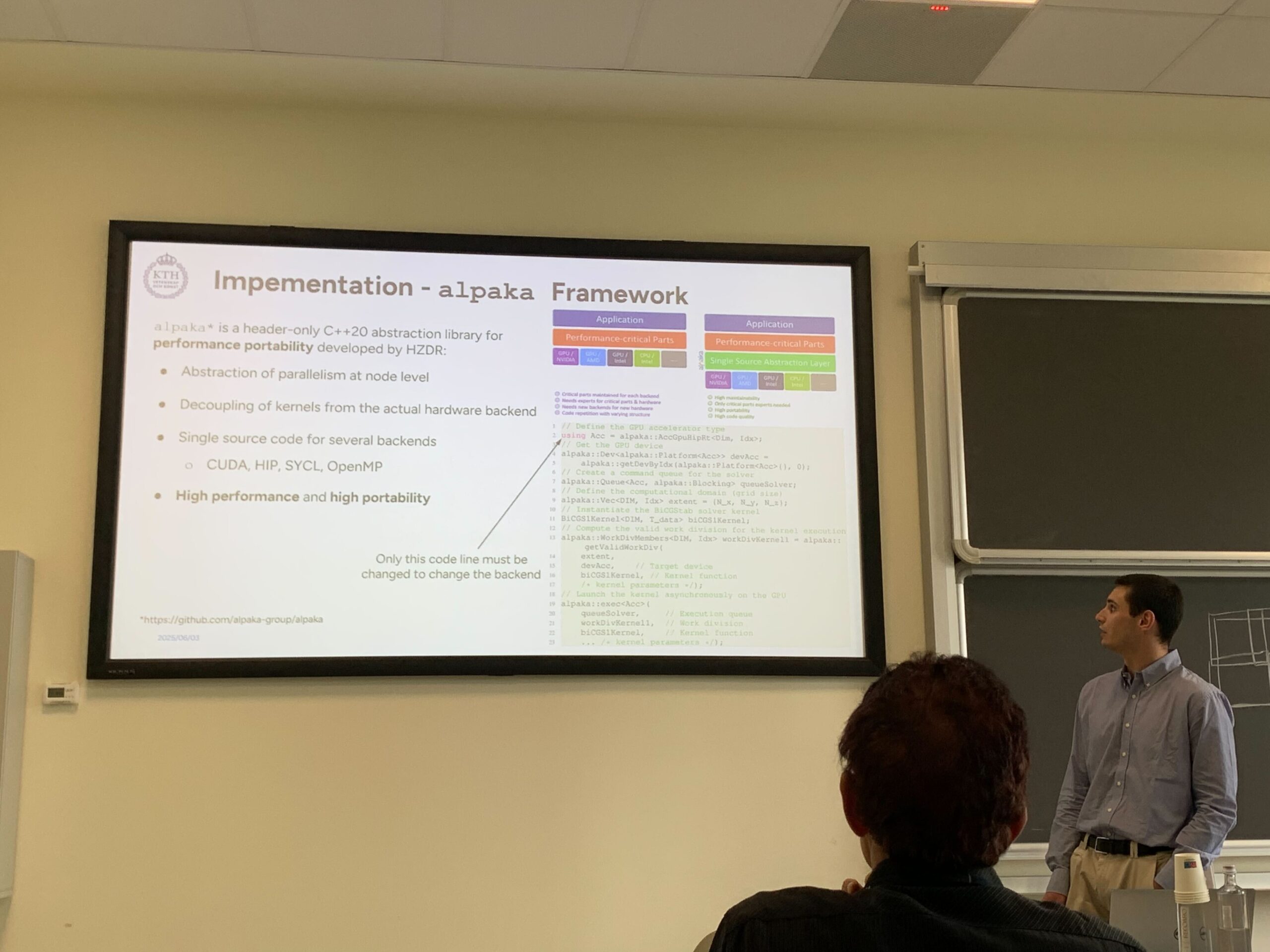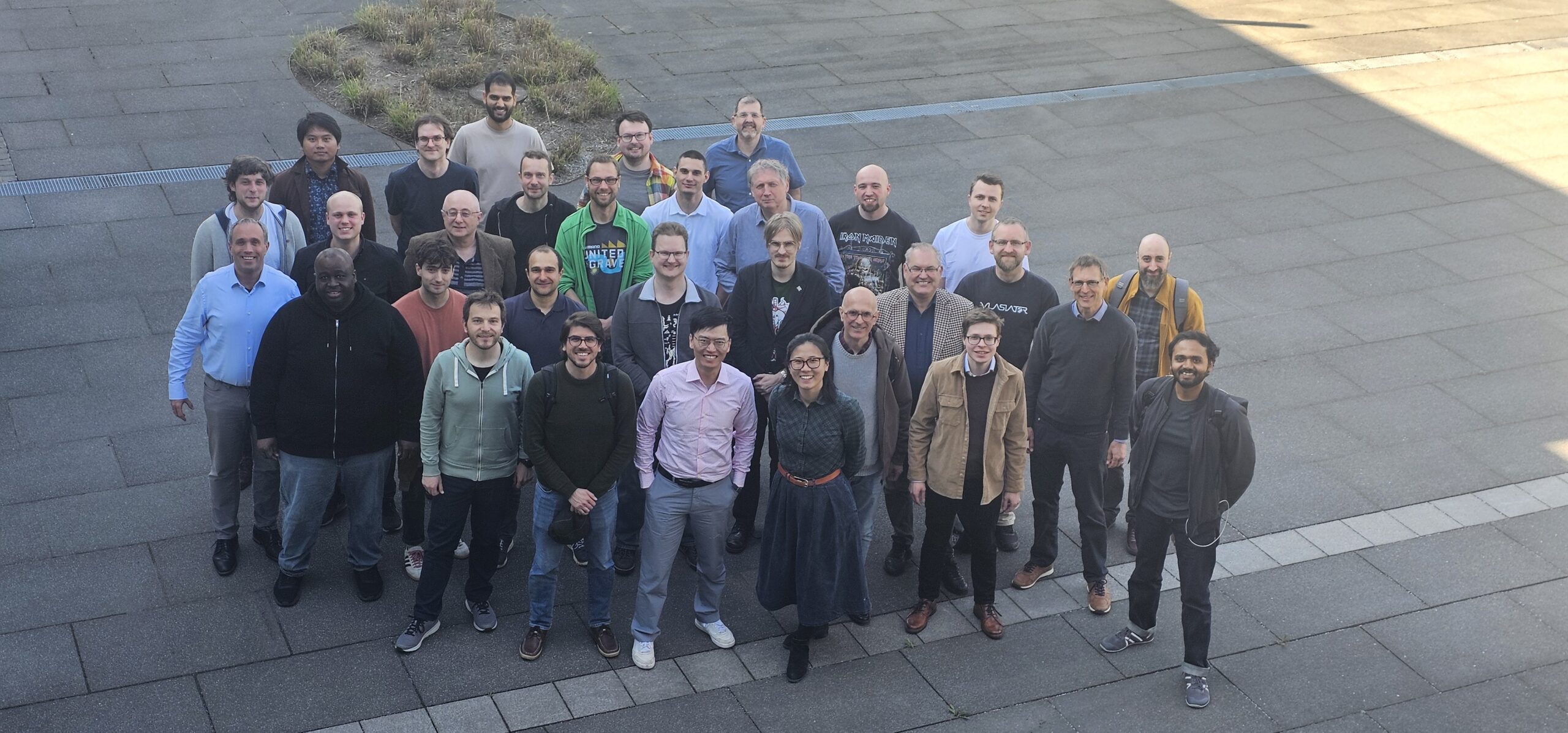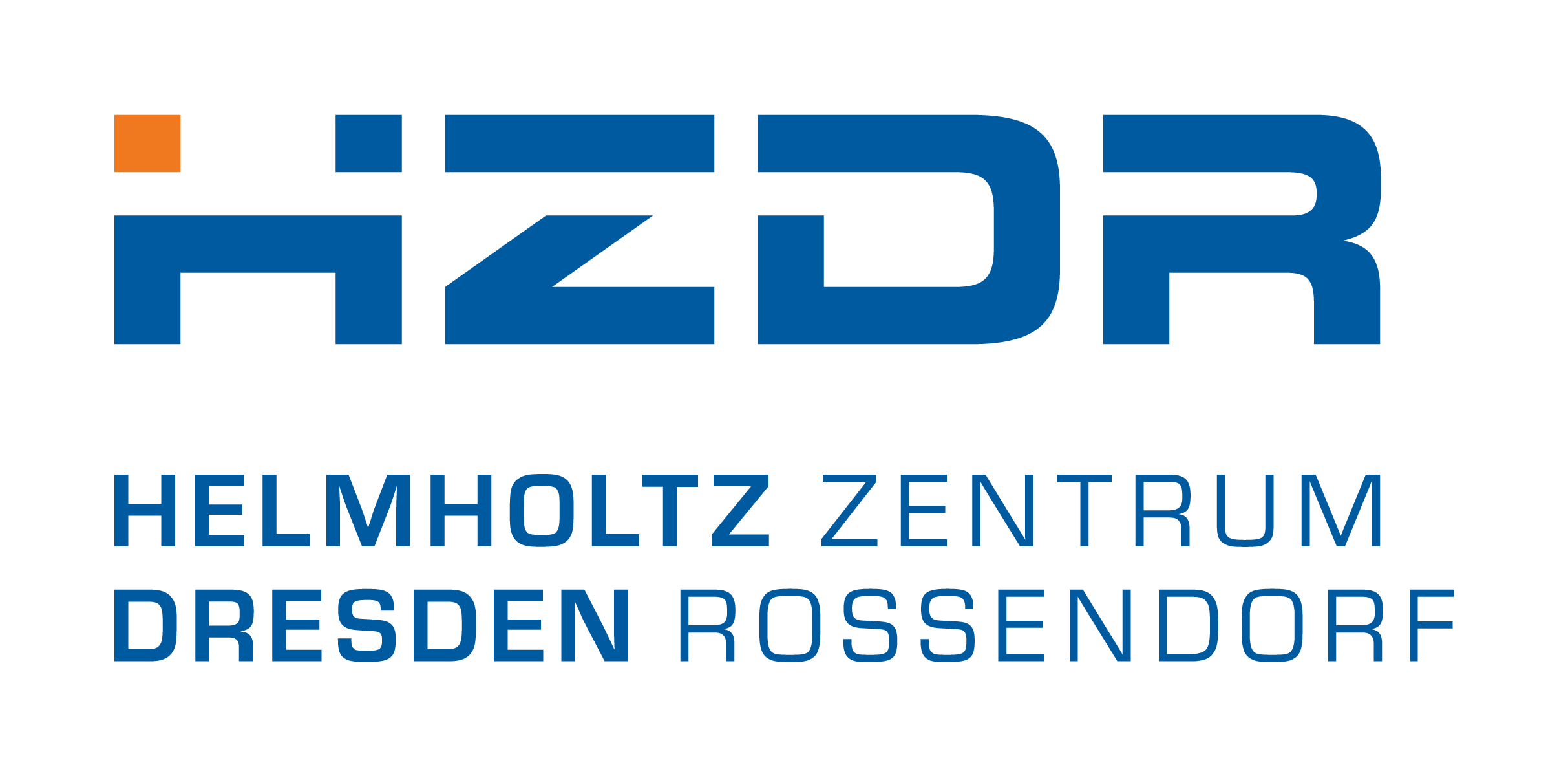OBJECTIVE 1
Enable unprecedented plasma simulations and associated extreme-data analytics to address plasma physics grand challenges that are impossible to solve on current extreme-scale systems and require exascale computing
OBJECTIVE 2
Maximise the performance of four European plasma codes (BIT, GENE, PIConGPU, Vlasiator) in terms of parallel performance and efficiency on European exascale and pre-exascale systems, building on algorithmic advances as well as on programming model and library developments.
OBJECTIVE 3
Establish and ensure an integrated HPC software engineering approach for deploying, verifying, and validating extreme-scale kinetic plasma simulations that can serve as a community standard.
HAPPENING IN PLASMA-PEPSC
Latest news

We are excited to share that Mr. Luca Pennati (Doctoral Researcher at KTH Royal Institute of Technology and key member of Plasma-PEPSC) presented “A Parallel and Highly-Portable HPC Poisson Solver: Preconditioned Bi-CGSTAB with alpaka” at the 26th IEEE International Workshop on Parallel and Distributed Scientific and Engineering Computing (PDSEC[…]

We recently concluded the fifth Plasma-PEPSC face-to-face meeting held at Center for Advanced Systems Understanding (CASUS) at HZDR, Dresden on 28-30 April, 2025. Over three days, we had insightful technical talks from our partners and engaged in valuable discussions. The talks highlighted the progress made with four flagship Plasma[…]
Latest publications
“Leveraging HPC Profiling & Tracing Tools to Understand the Performance of Particle-in-Cell Monte Carlo Simulations”
“MPI Performance Analysis in Vlasiator: Unraveling Communication Bottlenecks”
“Non-Blocking GPU-CPU Notifications to Enable More GPU-CPU Parallelism”
Our Partners

KTH

FORTH

SiPearl

University of Helsinki

Max Planck Institute

Barcelona Supercomputing Center

Institute of Plasma Physics

HZDR

Technical University Munich

